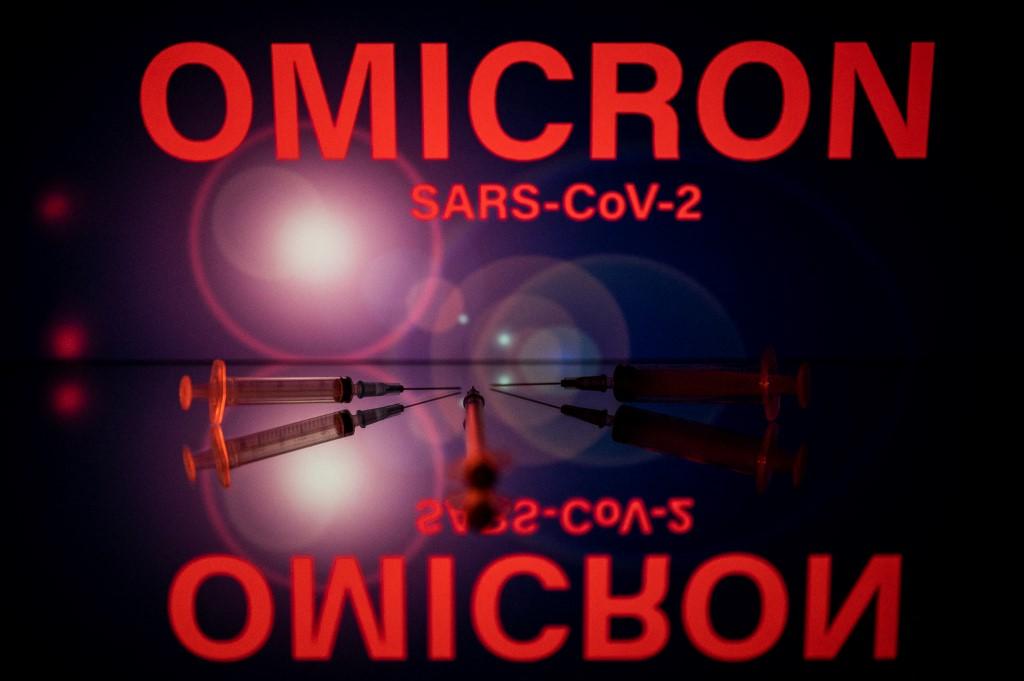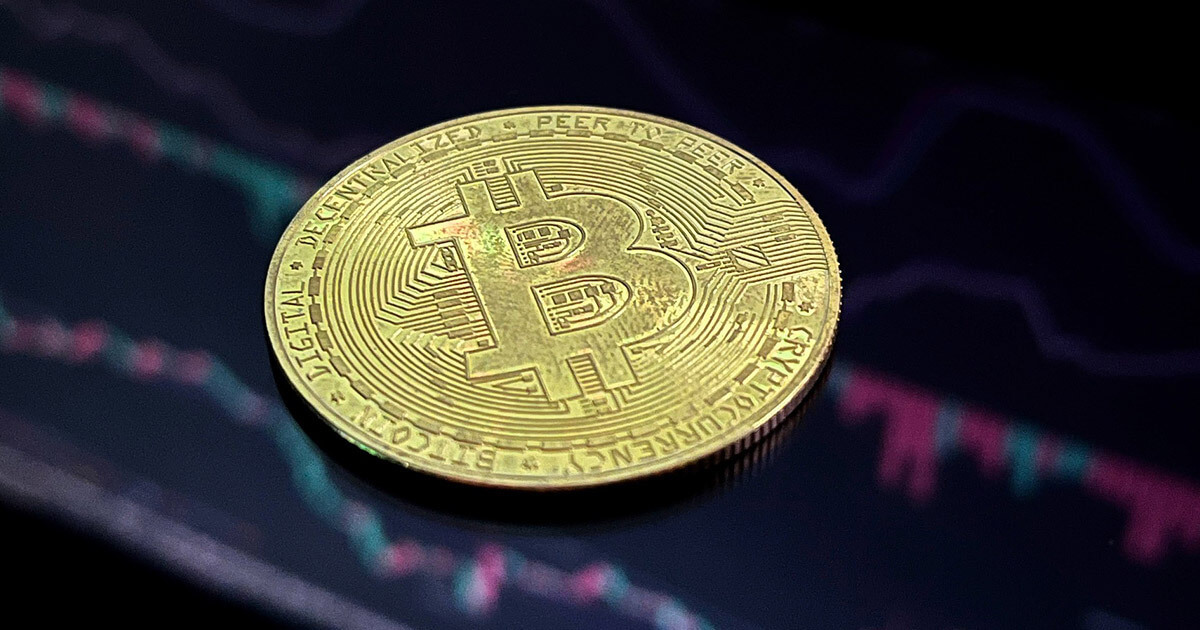As Nigeria celebrates its 63rd independence anniversary, it’s an opportune moment to reflect on the nation’s journey, especially in the economic context. While Nigeria was once seen as a shining star in Africa’s economic landscape, recent years have seen it grappling with a host of challenges, casting a shadow on its economic aspirations.
The Glorious Past
In the 1970s and 1980s, Nigeria boasted an impressive economic record. Its currency, the naira, was not only strong but even on par with the mighty United States dollar. Nigerians enjoyed visa-free travel to countries like the United Kingdom, a testament to the nation’s global standing. Nigerian universities were renowned worldwide, and the University College Hospital in Ibadan was considered one of the finest in the Commonwealth. With immunization coverage exceeding 80 percent, the nation demonstrated an effective healthcare system that prioritized the well-being of its citizens.
The Current Economic Reality
Fast forward to the present day, and the contrast is stark. While the Nigerian economy has shown remarkable growth, expanding from $4.1 billion in 1960 to a substantial $477 billion in 2022, the individual prosperity of its citizens has suffered. GDP per capita has plummeted by 28 percent, now resting at a meager $2,140, a stark indicator of declining living standards.
To understand the human toll of these economic challenges, Business Day highlights the stoy of Clement Ighodaro (not his real name). Ighodaro lost his job at Shoprite in 2021, when the South African retail giant discontinued its operations in Nigeria due to supply chain disruptions and an acute dollar shortage. Three years later, he remains unemployed, forced to share a one-bedroom apartment almost the size of a telephone booth with a friend.
Wealth Inequality in the Face of Economic Decline
Economic hardship does not discriminate; even the wealthy are not immune. Aliko Dangote, Nigeria’s richest man and the continent’s wealthiest individual, has seen his fortune shrink by a staggering 57 percent, plummeting from $25 billion in 2014 to $10.7 billion in 2023, according to Forbes data.
Deloitte, a prominent professional services firm, has identified several key challenges that have hindered Nigeria’s economic growth. These include poor policy implementation, excessive reliance on the oil sector as a major revenue source, infrastructural deficits, internal security concerns, and a substantial debt burden. With a GDP per capita of only $2,187, Nigeria falls far short of the global average of $13,479.
Path Forward: Doubling GDP Per Capita
To address these pressing issues and pave the way for economic resurgence, experts recommend an ambitious goal: doubling Nigeria’s GDP per capita within the next eight years. Achieving this objective would signify a significant improvement in the standard of living for its citizens.
To reach this target, several strategies have been proposed:
- Removing Production and Export Constraints: Encouraging local production and reducing tariffs in select industries with potential for foreign exchange generation.
- Liberalizing the Foreign Exchange Market: Transitioning to a market-driven foreign exchange regime to reduce uncertainty among investors and aid cost structuring.
- Bridging Infrastructure Deficits through Public-Private Partnerships: Collaborating with private enterprises to mobilize capital and expertise to address the country’s infrastructure gaps, stimulate economic growth, and create job opportunities
As Nigeria commemorates its 63rd year of independence, the challenges it faces on the economic front serve as a stark reminder of the work that lies ahead. While the nation’s past achievements are celebrated, it is crucial to address the current economic woes and chart a path towards prosperity and improved living standards for all citizens. With concerted efforts and strategic reforms, Nigeria can reclaim its status as a thriving African giant and ensure a brighter future for its people.
Note: This article have been indexed to our site. We do not claim legitimacy, ownership or copyright of any of the content above. To see the article at original source Click Here













